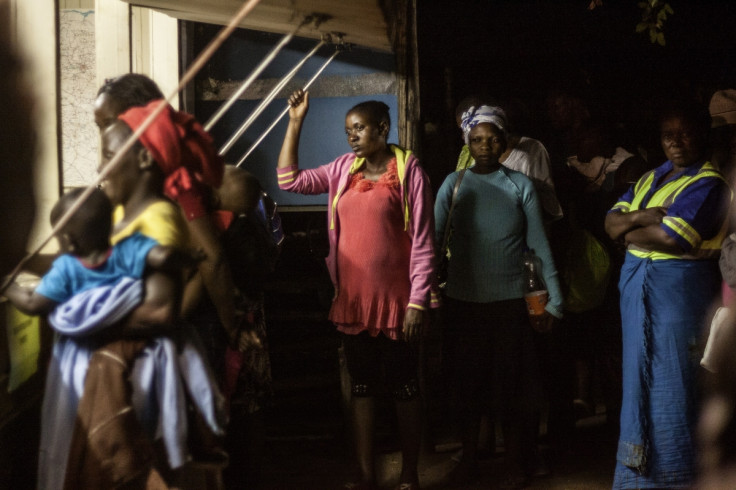Zimbabwe: Former Kuwaiti diplomat trafficked 200 women

A former Kuwaiti ambassador to Zimbabwe has been charged with human trafficking after it appeared 200 Zimbabwean women were allegedly lured to Kuwait with promises of jobs before they were turned into slaves. In 2014, Zimbabwe passed new legislation (dubbed the Trafficking in Persons Bill) that tightened penalties for human trafficking, and criminalised Internet service providers hosting adverts linked to the scourge. While the law was expected to close a loophole that allows many sex traffickers to walk free, commentators say weak institutions and porous borders have made it difficult to enforce.
A Zimbabwean court in the capital Harare, found that former diplomat Ahmed Al-Jeeran was the ring-leader of the trafficking ring, and that he had used his status and power to lure the women, with the help of one of his secretaries, Brenda Avril May.
Prosecutors claimed May allegedly facilitated the processing of visas for the victims, who were lured through advertisements for nurse aide vacancies in local media and promised air tickets, sizeable salaries and education before being sold and forced into prostitution and other menial jobs on arrival in the Gulf country.
'Enslaved' women stranded in Kuwait
According to local media, the Zimbabwean women, a number of whom became stranded in Kuwait, were reportedly placed under "house arrest", and were not paid salaries. Instead, the money was sent to the traffickers in Zimbabwe. At times, the court heard, the traffickers demanded ransom from the victims' families before they could be released.
Among the victims, Edith Chapo, Stella Jakarasi and Cynthia Dube recounted how May told the victims that their travelling requirements were to be catered for by their "employers", but how, when they landed in Kuwait their passports and mobile phones were confiscated. The victims claim to have been abused while under house arrest, as they worked as maids for long hours without food.
Al-Jeeran and May were incriminated by a number of victims who managed to return home with the help of Zimbabwean officials in Kuwait. May was re-arrested during her bail hearing on 15 March, after the investigating officer Detective Sergeant George Garauzive gave evidence to support bail refusal. May's lawyer, David Dhumbura, said she had not been responsible for issuing visas at the embassy.
If convicted, the pair could face life in prison or a minimum of 10 years behind bars. Traffickers prey on gullible job-seekers desperate for an avenue out of poverty in Zimbabwe, a nation with unemployment rates topping 60%, devastated agriculture sector and political instability.
© Copyright IBTimes 2025. All rights reserved.






















